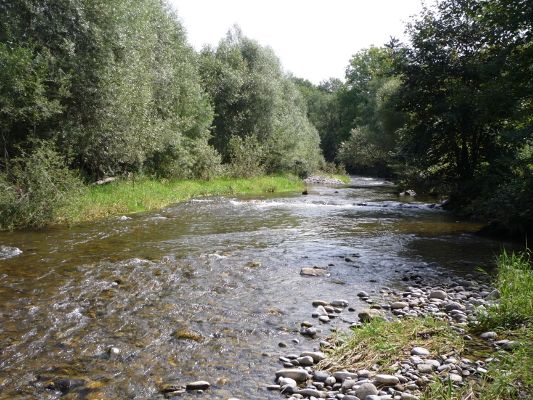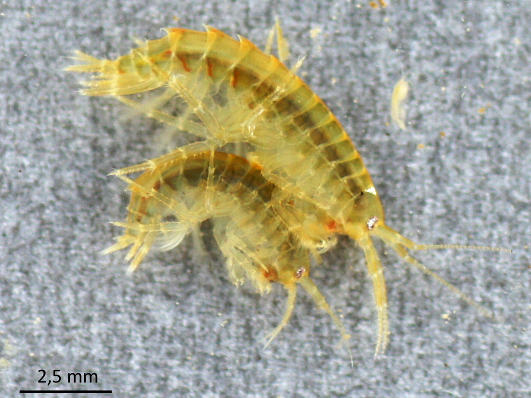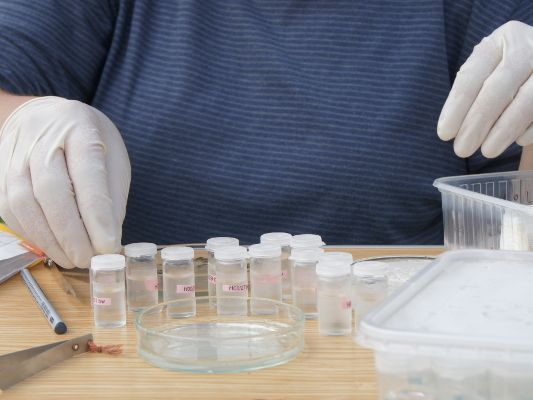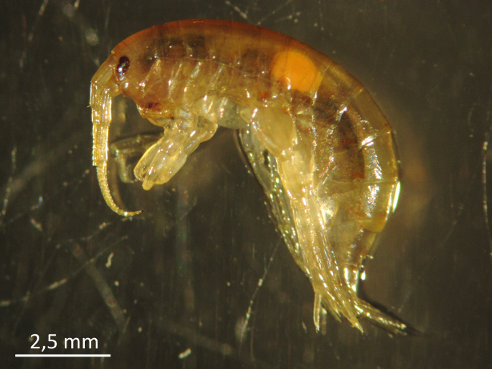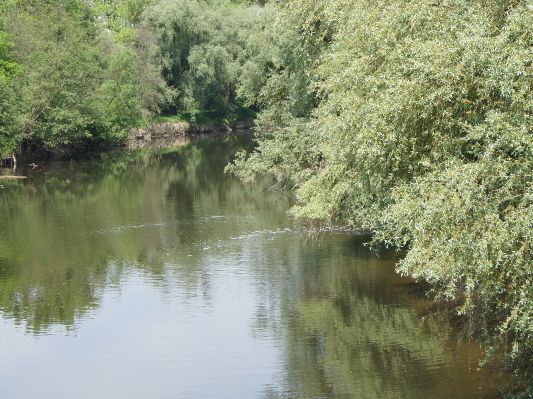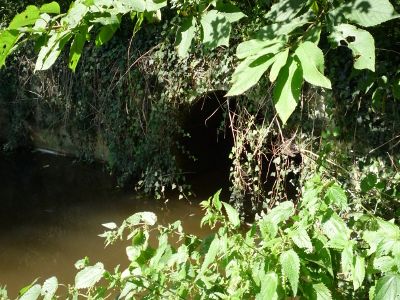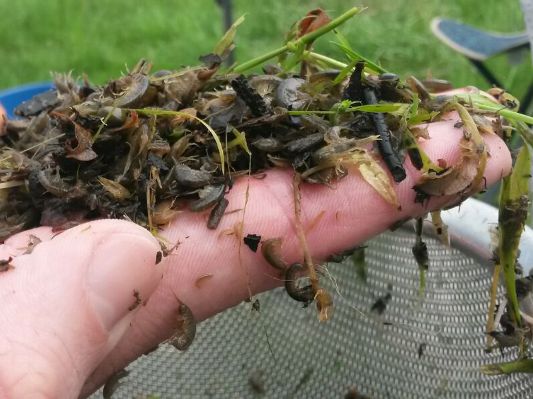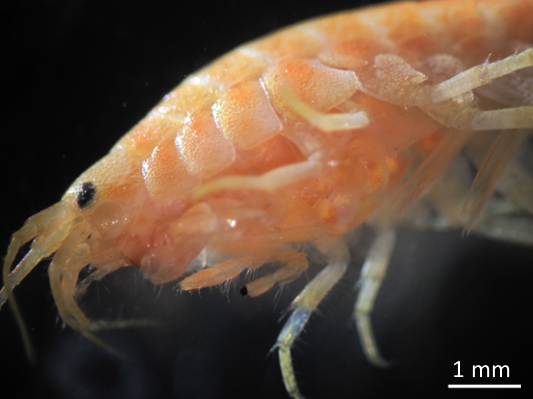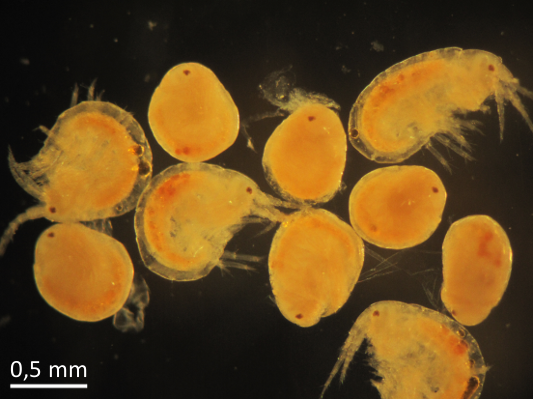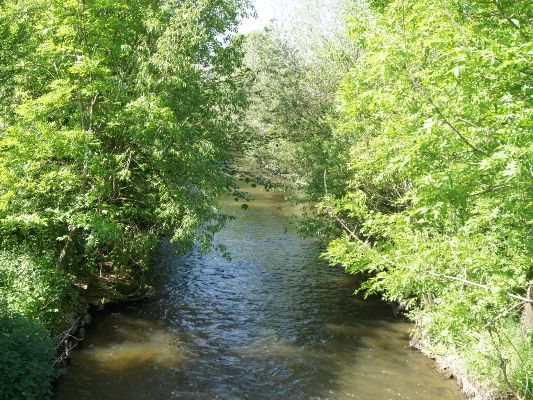EXTRESIGO
Influence of differently treated wastewater on the resilience of aquatic organisms to extreme weather events and climate change
Background
Running waters are continuously exposed to a wide range of different micropollutants, which enter the water bodies via various pathways and can cause adverse effects in exposed organisms even at low concentration levels (ng/l to µg/l range) and impair the entire ecosystem. At least since the last decade, other stressors on aquatic ecosystems have been increasingly identified. Climate change leads to prolonged heat waves and heavy rain events worldwide, which are expected to increase in duration and intensity. Significantly increased proportions of treated effluent from wastewater treatment plants (WWTPs), higher water temperatures, and lower oxygen levels during dry weather periods contrast with high proportions of untreated wastewater due to stormwater overflow basin (SOB) discharges, run-off from agricultural areas, remobilization of pollutants from sediment, particulate loads, and hydraulic stress during heavy rain events.
Aim of the project
The project EXTRESIGO (Influence of differently treated wastewater on the resilience of aquatic organisms to extreme weather events and climate change) aims to gain new insights into the effects of extreme weather events on aquatic invertebrates. In addition, it is to be shown to what extent not only diffuse inputs and the water body structure, but also (a) extreme weather events and (b) material entries from WWTPs and SOBs are responsible for the poor ecological status of our surface waters as determined according to the EU Water Framework Directive (WFD). Within the project, several rivers in Baden-Württemberg are intensively studied under different meteorological conditions. Sampling sites are located upstream and downstream of SOBs and WWTPs, allowing the combination of micropollutant releases and extreme weather conditions to be studied directly on the organisms. Studies are conducted at the community level (macrozoobenthos) as well as at the organismic and suborganismic level with gammarids, and complemented with analyses of water and sediment samples to determine developmental toxicity and endocrine potentials. This allows to identify effects at different biological levels. In addition, water and biota samples are analyzed for selected pollutants for which new environmental quality standards (EQS) are available, and the pollutant concentrations thus determined are related to the effects. Furthermore, the choice of water bodies/sampling sites includes four WWTPs at different stages of expansion with different treatment technologies. Thus, their effectiveness in reducing micropollutants can be evaluated considering extreme weather events. Laboratory exposures of organisms to additional stressors are to provide answers to the question how climate change affects the resilience of aquatic invertebrates downstream of SOBs and WWTPs, and how this is changed by the use of different treatment technologies in WWTPs.
The EXTRESIGO project is funded by the Baden-Württemberg Stiftung gGmbH as part of the Water Research Programme "Innovative processes for integrated rainwater management".
Project duration: 15.8.2023 to 15.8.2026
Project leader: Rita Triebskorn, Heinz Köhler

